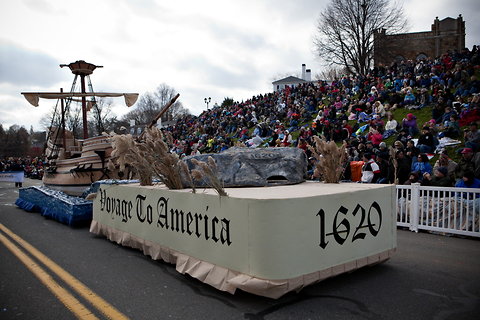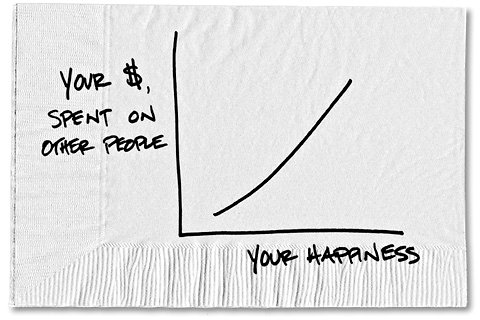 Charlie Mahoney for The New York TimesThe annual Thanksgiving parade in Plymouth, Mass.
Charlie Mahoney for The New York TimesThe annual Thanksgiving parade in Plymouth, Mass.
I’ve never been much of a Black Friday shopper.
For one thing, I don’t like crowds. So some families’ tradition of venturing out together to shop doesn’t hold much appeal for me. My own family’s holiday tradition involved watching high school football and then eating as much as possible — but not spending as much as possible, the day after.
Perhaps it has something to do with my roots in New England, where some states cling to Colonial-era retail laws that de-emphasize holiday shopping.
Cyber Monday– or at least, “cyber weekend-after-Thanksgiving” — is something I can possibly embrace. I do a lot of shopping online anyway, and I do plan to buy holiday gifts for family and friends. So why not see if good deals can be found on the Internet, and knock some items off the list?
The reality, though, is that I probably won’t buy a lot of stuff online in the next few days. The three days after Thanksgiving promise to be mostly free of the usual organized sports and other activities for my children. We greatly enjoy their games — and they do, too — but it’s nice to have a break with unscheduled time together. So I’ll probably spend much of my time just hanging out with them (and resisting my youngest child’s entreaties to put up our Christmas tree early).
How about you? How does shopping figure — or not — into your post-Thanksgiving plans?
Article source: http://bucks.blogs.nytimes.com/2012/11/23/on-shopping-post-thanksgiving/?partner=rss&emc=rss
